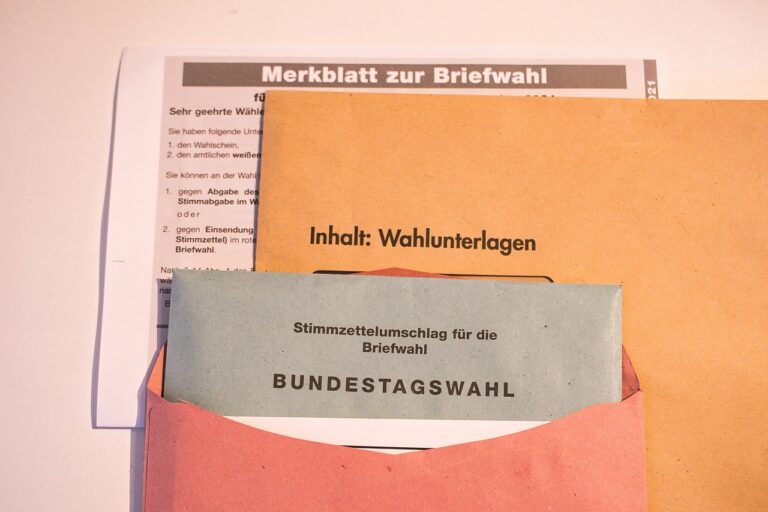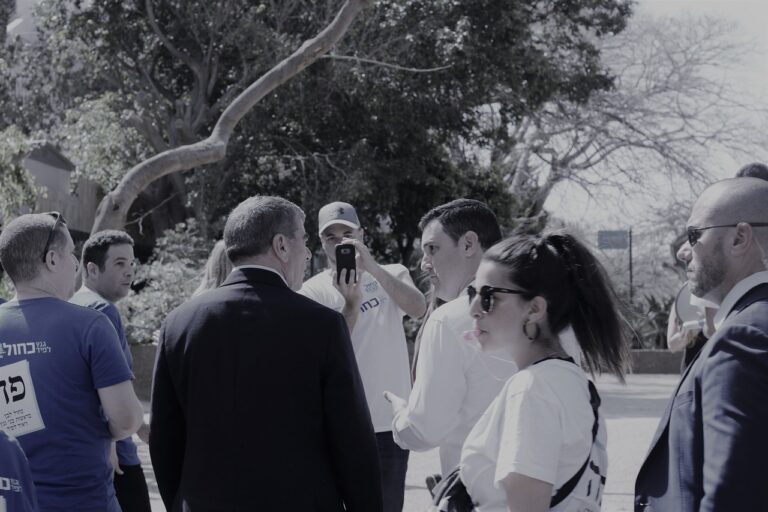Leveraging Personalization in Robo-Calling Campaigns for Enhanced Engagement: 11xplay id, Laser247.com login, World777 sign up
11xplay id, laser247.com login, world777 sign up: Robo-calling has become an increasingly prevalent form of communication in today’s digital age. From political campaigns to marketing campaigns, businesses and organizations are using automated calling systems to reach out to a large number of people quickly and efficiently. However, the effectiveness of these robo-calls can vary greatly depending on various factors, one of which is social validation.
What is social validation, and how does it impact the effectiveness of robo-calling? Social validation refers to the psychological phenomenon where people tend to look to others for guidance on how to behave in certain situations. In the context of robo-calling, social validation plays a crucial role in influencing how people respond to these automated calls.
When people receive a robo-call, they are more likely to answer and engage with the call if they perceive that others are also doing the same. This is because humans are social creatures who rely on social cues to make decisions. If a person sees that a large number of people are engaging with a robo-call, they are more likely to believe that the call is important or credible, and therefore more likely to answer it themselves.
On the other hand, if a person receives a robo-call and sees that no one else is engaging with it, they are more likely to dismiss the call as spam or unimportant. This is because people are more likely to trust the judgment of others and follow the crowd when it comes to making decisions.
How can businesses and organizations leverage social validation to increase the effectiveness of their robo-calling campaigns? One way is to use social proof in their calls. Social proof involves showcasing testimonials, reviews, or statistics that demonstrate the popularity or success of a product or service. By including social proof in their robo-calls, businesses and organizations can provide social validation to their recipients and increase the likelihood of them engaging with the call.
Another way to leverage social validation in robo-calling is to create a sense of urgency or exclusivity in the call. By creating a limited-time offer or exclusive deal that is only available to those who engage with the call, businesses can tap into people’s fear of missing out and increase the likelihood of them answering the call.
In conclusion, social validation plays a significant role in the effectiveness of robo-calling campaigns. By understanding the principles of social validation and leveraging them effectively, businesses and organizations can increase the success of their robo-calling efforts and reach a larger audience.
—
FAQs:
1. Are robo-calls legal?
Yes, robo-calls are legal in certain circumstances, such as for political campaigns, charities, and informational messages. However, telemarketing robo-calls are subject to strict regulations under the Telephone Consumer Protection Act.
2. How can I stop receiving robo-calls?
You can register your phone number on the National Do Not Call Registry to reduce the number of unwanted robo-calls you receive. Additionally, you can use call-blocking apps or services provided by your phone carrier.
3. Are all robo-calls scams?
Not all robo-calls are scams, but a significant portion of them are fraudulent or misleading. It is essential to be cautious when engaging with robo-calls and to verify the legitimacy of the caller before providing any personal information.







